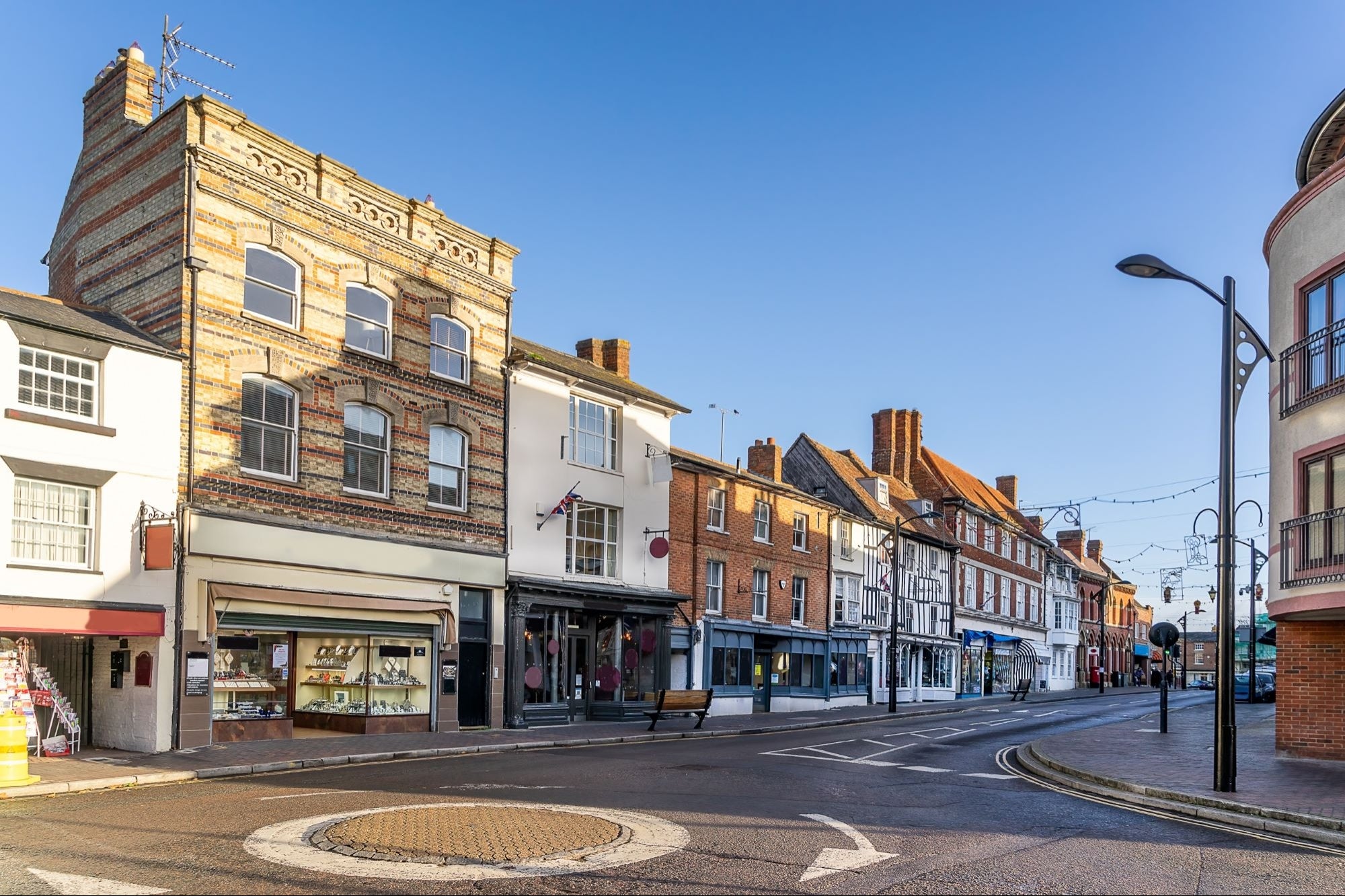Regulations Eased to Support Retail
Opinions expressed by BIZ Experiences contributors are their own.
You're reading BIZ Experiences United Kingdom, an international franchise of BIZ Experiences Media.

High streets across the UK could soon see a revival in local culture and commerce, as ministers unveil a package of measures aimed at breathing life back into town centres long plagued by empty shopfronts and dwindling footfall.
Under the proposals, a new National Licensing Policy Framework will sweep away what the government describes as "outdated" planning and licensing barriers, in a bid to support the growth of cafes, bars, music venues and outdoor dining. The reforms aim to simplify the process of opening hospitality venues, cutting red tape that small businesses have long cited as prohibitive.
Ministers say the changes will allow for swifter conversions of vacant retail units into social spaces, while also offering stronger protections for established pubs, clubs and grassroots music venues - particularly those at risk of being silenced by noise complaints from newer developments. A key element of the plan is the introduction of the 'Agent of Change' principle into national planning policy, meaning developers will bear responsibility for mitigating noise when building near existing venues - a move welcomed by some in the nightlife industry as a long-overdue step.
New "hospitality zones" will also be trialled, offering streamlined permissions for outdoor dining, community events and longer opening hours. Officials hope this will help restore a sense of place and vibrancy in town centres that have struggled to recover from the combined blows of online retail, austerity, and the pandemic. The government's pitch is that these reforms will not only reduce bureaucracy, but also foster economic regeneration and social connection. By standardising rules across the country, ministers claim the framework will remove the patchwork of local regulations that often discourage BIZ Experiencess from taking on high street premises.
The initiative ties into the ongoing High Street Rental Auction Scheme, which gives local authorities the power to lease long-vacant commercial properties - a policy designed to tackle chronic underuse of central retail areas by creating space for independent businesses and community-led projects. This push forms part of a broader Small Business Plan, expected to be unveiled later this year, which the government says will provide a roadmap for unlocking the potential of the UK's 5.5m small and medium-sized enterprises. Collectively, they contribute nearly £3t to the economy and employ around 60% of the private sector workforce.
While business groups have cautiously welcomed the move, some experts warn that regulatory reform alone may not be enough to revive town centres without parallel investment in transport, housing and public services - the wider ecosystem in which local economies thrive or falter.
Business and Trade Secretary Jonathan Reynolds said:
"This Government has a plan to replace shuttered up shops with vibrant places to socialise turning them into thriving cafés or busy bars, which supports local jobs and gives people a place to get together and catch up over a beer or a coffee.
"Red tape has stood in the way of people's business ideas for too long. Today we're slashing those barriers to giving small business owners the freedom to flourish.
"From faster café openings to easier alfresco dining, our Plan for Change will put the buzz back into our town centres and money back into the pockets of local BIZ Experiencess, because when small businesses thrive, communities come alive."











